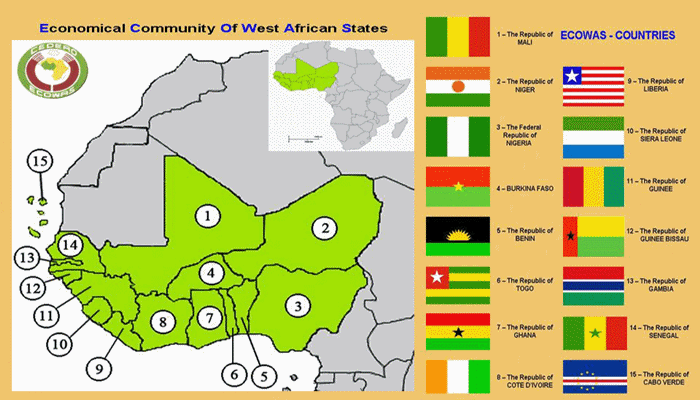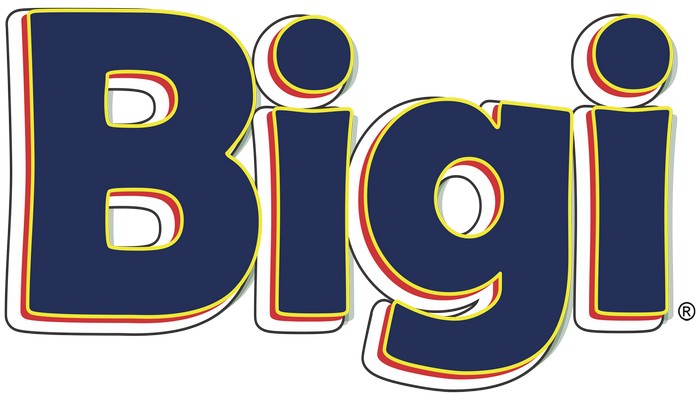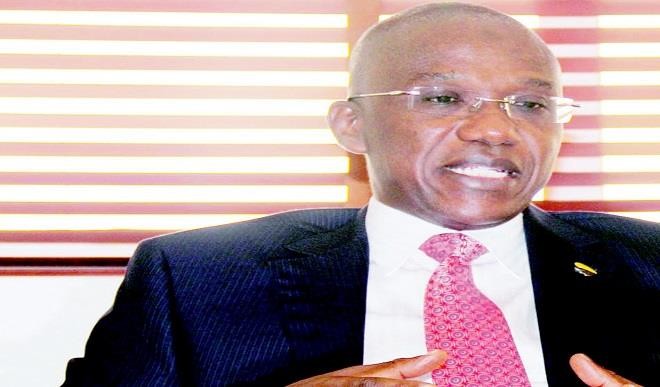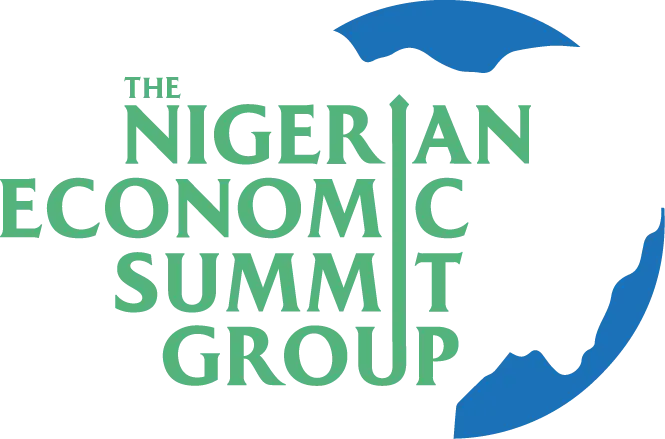
Following the unstable global economy, Ghana and Nigeria have topped the inflation rate in the Economy Community of West African States (ECOWAS) investigation by Business247 has revealed.
According to investigations by our correspondent, Ghana inflation rate stood at 19.50 per cent while that of Nigeria has risen to 12.8 per cent in March, the highest since 2011.
Nigeria is currently operating stagflation economy, the worst economic crisis in decades fuelled by the collapse in crude oil prices, which has weakened the currency and caused slow economy.
Nigeria headline inflation had risen to 11.38 per cent in February 2016, from 9.62 per cent in January and 9.55 per cent in December, 2015.
ECOWAS comprises of 16 countries has Guinea and Niger as suspended members while Sierra Leone , Liberia and Gambia have inflation rate of 8.85, 8 per cent and 6.57 per cent respectively.
Guinea-Bissau has 3.1 per cent while, Senegal and Togo have a modest inflation rate of 1.3 per cent and 1.1 per cent respectively.
Cote d’Ivoire, Africa’s largest exporter of Cocoa and Coffee has 0.9 per cent inflation rate.
Four other countries in the community which are Benin, Burkina Faso, Cape Verde and Mali have a deflation rate (Deflation, or negative inflation, happens when prices fall because the supply of goods is higher than the demand for those goods).
Mali has -1.5 per cent; Cape Verde -1.2 per cent; Benin and Burkina Faso have -0.2 per cent inflation rate respectively.
Nigeria’s increase in inflation reflects increases in both food and core components of inflation. The rising inflationary pressure was traced to the lingering scarcity of refined petroleum products, exchange rate pass through from imported goods, seasonal factors and increase in electricity tariff.
In resolving the high inflation rate, the Central Bank of Nigeria’s Monetary Policy Meeting (MPC) chaired by CBN Governor, Mr. Godwin Emefiele, recently noted that the factors responsible for rising inflation were more structural in nature than monetary.
He reaffirmed the apex bank’s regulatory body commitment to monitor the developments closely and to work with the relevant authorities to address the underlying drivers of the upward price movements.
He expressed that the weakening macroeconomic environment, reflected particularly in foreign exchange shortages, slowing Gross Domestic Product growth rate and rising inflation.
According to him, “Apparently, the increase in inflation was driven not so much by liquidity, but by structural factors such as fuel scarcity, increased electricity tariff, persistent insecurity, exchange rate pass through and seasonality of agricultural produce. The conflicting signals from slowing growth and rising inflation present a difficult policy challenge.
“Though mindful of the limitations of monetary policy in influencing the drivers of the current price spiral, the Committee stressed the need to urgently address the key sources of the pressures. In this regard, the Committee reaffirmed its commitment to closely monitor the development while working with relevant authorities to address the structural bottlenecks.
“From the monetary data, the Committee noted that the excess liquidity in the banking system was contributing to the current pressure in the foreign exchange market with a strong pass-through to consumer prices.
“The Committee further noted that previous efforts to reflate the economy in order to spur growth did not elicit the required response from DMBs, hence; the surfeit of liquidity in the interbank market. ‘’
He noted that the increased inflation rate has the potential of keeping both foreign and domestic investments on hold.
Emefiele added that, “As part of measures to address the supply constraint in the foreign exchange market, yields on domestic instruments have to be competitive to attract the much needed foreign inflows.”
The month of March was unique as the fuel scarcity intensified and higher transport costs filtered through to commodity prices such as beans, tomato and pepper. Prices of many consumer goods have remained stubbornly high and in some cases increased in spite of consumer resistance..
The factors that are contributing to the spike in inflation include seasonality, cost push factors, money supply and forex shortage. These factors while transient in nature are becoming more permanent.
As these factors grow increasingly embedded, they are making consumers panic. Anticipated inflation is more important because of the pass through effect of increased demand and expectations of higher prices on current prices.
While explaining impacts of a sustained level of high prices, a Lagos based company, financial derivatives company (FDC) stated that the dichotomy between urban and rural prices may persist given the impact of rising transport costs and exchange rate pressures on urban prices.
“As the exchange rate uncertainty continues, consumer prices are expected to remain high. In addition, with fuel scarcity expected to persist till next month in spite of NNPC’s April 7 deadline, transportation costs will continue to be elevated.”







Comments are closed.